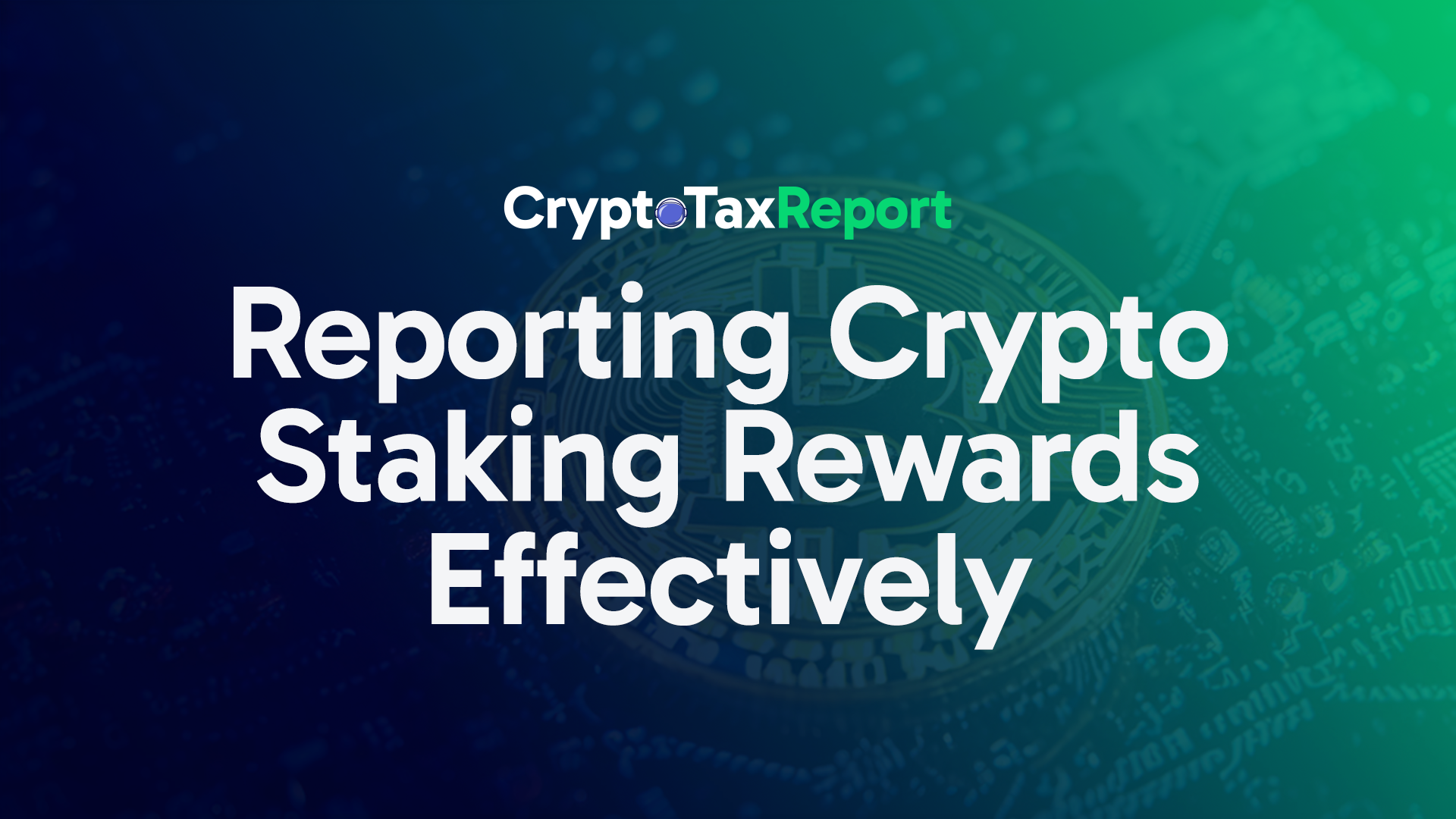In the evolving world of cryptocurrency, staking has emerged as a popular method for crypto holders to earn rewards. However, this innovation brings new challenges, especially when tax season rolls around. Understanding how to report crypto staking rewards is crucial for both tax professionals and savvy crypto investors. Let’s dive into the complexities and best practices for reporting these rewards accurately on your taxes.
Understanding Crypto Staking Rewards: Before tackling the tax implications, it’s essential to comprehend what staking is. In simple terms, crypto staking involves holding funds in a cryptocurrency wallet to support the operations of a blockchain network. In return, stakers receive rewards, typically in the form of additional cryptocurrency.
Tax Implications of Staking Rewards: The tax treatment of staking rewards can vary significantly depending on your jurisdiction. Generally, most countries view these rewards as income, taxable at the time of receipt. This means the fair market value of the staking rewards, calculated at the time they are received, forms the basis for your income tax calculations.
Step-by-Step Guide to Reporting:
- Record Keeping: Maintain detailed records of your staking transactions, including dates, types of crypto, and their value at the time of receipt.
- Determine Taxable Events: Identify the exact moment when you receive staking rewards, as this is typically when they become taxable.
- Calculate Fair Market Value: Assess the value of each staking reward in your local currency at the time of receipt to establish your taxable income.
- Report Income: Include these calculated values as income on your tax return, following the specific guidelines of your local tax authority.
- Consider Capital Gains: If you later sell or exchange the staked crypto, you’ll also need to calculate and report any capital gains or losses.
Best Practices for Compliance:
- Use Specialized Tax Software: Tools like Cryptotaxreport.co can significantly simplify tracking and calculating your staking rewards.
- Stay Informed on Tax Laws: Tax regulations for cryptocurrencies can change rapidly. Keep abreast of the latest rules in your jurisdiction.
- Consult a Tax Professional: Consider professional advice, especially for complex portfolios or significant staking activities.
Conclusion: Reporting crypto staking rewards doesn’t have to be a daunting task. With proper knowledge, diligent record-keeping, and the right tools, you can navigate this aspect of your crypto journey confidently and in compliance with tax laws. For personalized assistance and advanced tools, visit Cryptotaxreport.co to ease your crypto tax reporting journey.

